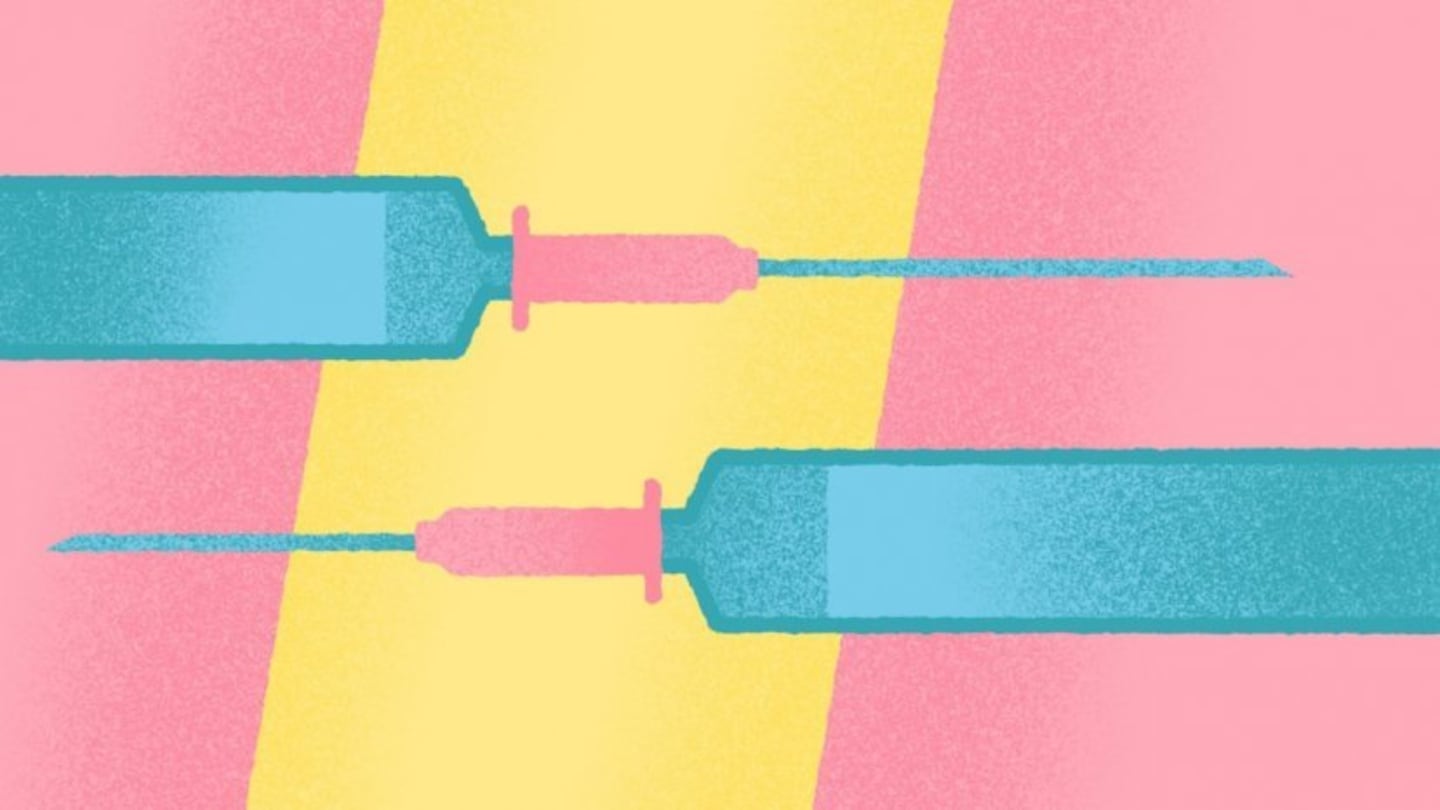People with severe obesity (those who have a BMI, or body mass index, greater than 40) are prioritised in group 3 for New Zealand's vaccine roll-out, as they are at risk of getting very sick from Covid-19.
But people with obesity also require a larger needle for the vaccine, because they have larger arms.
This is because the Pfizer vaccine is an intramuscular injection, meaning the needle needs to be able to get deep into the muscle in your upper arm.
This is normal and happens with other intramuscular vaccines – not just those for Covid-19.
If you’re a larger person with larger arms, you may already have been given vaccines with a longer needle than someone smaller than you.
That’s because a longer needle gives vaccinators a better chance of getting the vaccine where it needs to go.
Most, but not all, vaccines are injected into muscle, as muscle tissue contains important immune cells. Injecting the vaccine into muscle tissue allows those immune cells to sound the alarm to other immune cells to get to work.
If certain vaccines are injected into fat tissue instead of the muscle, the chance of irritation and inflammation increases.
Fat tissue has poor blood supply, which can lead to poor absorption of the vaccine – not the desired outcome!
Vaccinators are trained to use different needle sizes depending on a person’s body and arm size, and do so at their discretion by visually looking at a person and examining the place on your arm where the vaccine will be injected.
It’s not an exact science: some people are larger because they have a lot of muscle, while others have a lot of fat, but vaccinators will make a call on what size needle to use depending on the arm in front of them.
The standard size needle used with the Pfizer vaccine in New Zealand is 25mm long.
There is also the option of using a 38mm needle for people with larger arms, to ensure the vaccination is deep in the muscle.
The same approach is being taken by Public Health England, which has advised vaccinators that people with obesity are only given the vaccine using a 38mm needle.
Vaccinators are trained to use a longer needle so you shouldn’t have to bring it up – but if you have obesity or a very large arm, you can ask for the longer needle if you want to be absolutely sure.
If you are concerned your first dose may not have been given with the appropriate needle size, remember that the second dose will also offer you some protection.
Reporting disclosure: Director of the Immunisation Advisory Centre Dr Nikki Turner, Medsafe, and the Ministry of Health provided expert advice for this article.




